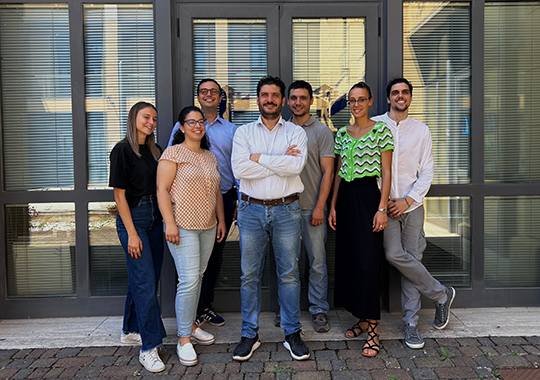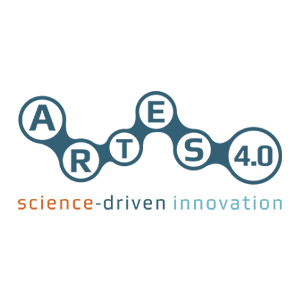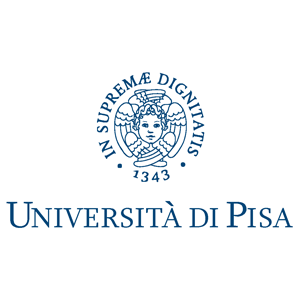Cubit, Consortium Ubiquitous Technologies, is a public-private consortium focused on research and innovation in two business areas: IoT Technologies and Digital Twin. Cubit was founded in 2007 by the Department of Information Engineering at the University of Pisa, Polo Navacchio, and various innovative Italian companies. In 2012, the Aerodynamics Group from the Department of Aerospace Engineering at the University of Pisa also joined the consortium. Cubit’s mission is to combine technological research with industrial expertise to foster continuous innovation and technology transfer, ultimately increasing the competitiveness of companies. The IoT team specializes in the design and development of custom electronic systems for industrial, home automation, and other sectors—covering the entire process from project concept to prototyping and certification.





